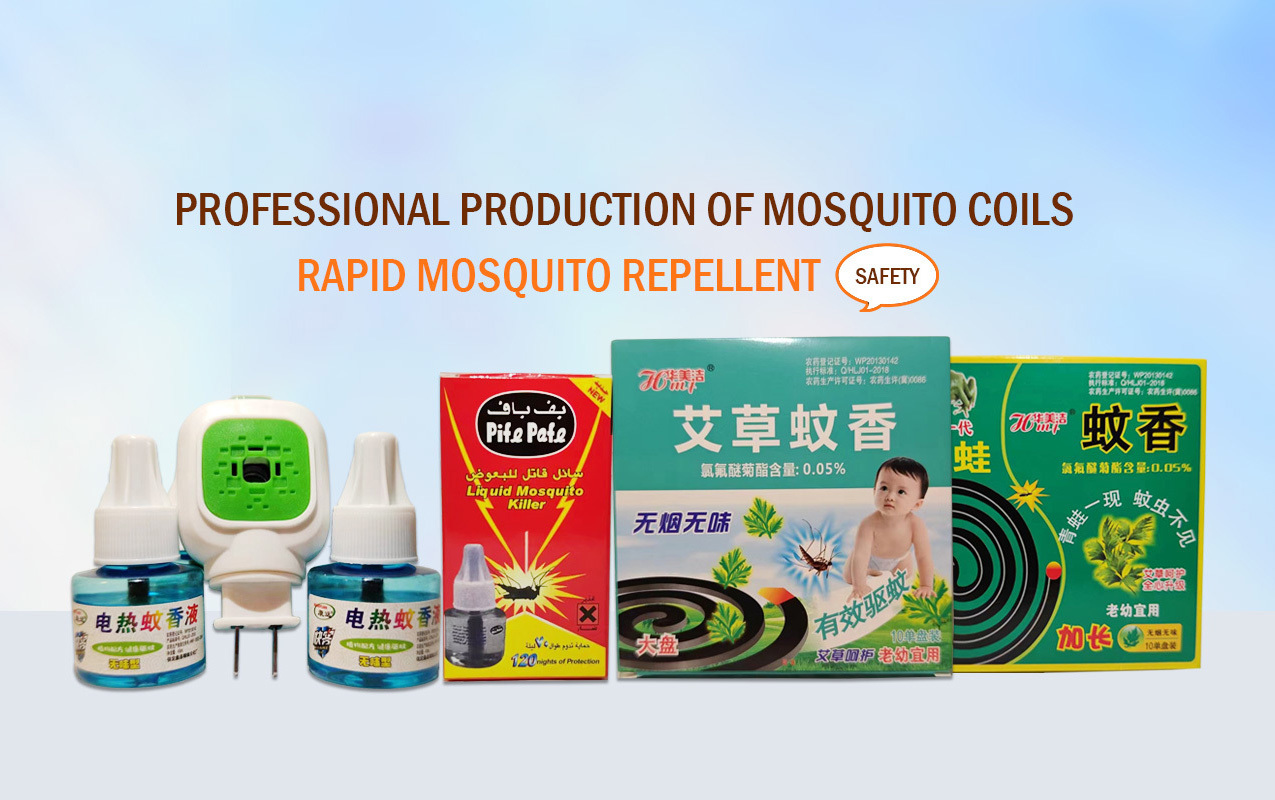Harnessing Nature: The Benefits of Organic Insecticides in Modern Agriculture
2025-04-05

Organic insecticides are gaining popularity in the agricultural sector as farmers and growers seek more environmentally friendly and sustainable pest management solutions. Unlike traditional chemical insecticides, organic insecticides are derived from natural sources, making them less harmful to non-target organisms, including beneficial insects, wildlife, and humans. They play a crucial role in integrated pest management (IPM) systems, which aim to reduce reliance on synthetic chemicals while promoting ecological balance.
One of the significant advantages of organic insecticides is their lower toxicity levels. Many organic insecticides are made from plant extracts or naturally occurring substances, such as neem oil, pyrethrins, and diatomaceous earth. These products often break down more quickly in the environment compared to synthetic counterparts, reducing the risk of long-term ecological damage. Moreover, their use can lead to healthier soil and ecosystems, encouraging biodiversity and improving the resilience of agricultural systems.
Another benefit of organic insecticides is their ability to target specific pests while minimizing harm to beneficial organisms. For example, neem oil can disrupt the life cycle of certain pests, such as aphids and whiteflies, without affecting pollinators like bees. This targeted approach helps maintain the balance of the ecosystem, supporting beneficial insects that contribute to natural pest control.
Farmers interested in utilizing organic insecticides should consider various application methods to enhance effectiveness. Timing is crucial; applying insecticides at the right stage of pest development can improve control rates. Additionally, combining organic insecticides with cultural practices, such as crop rotation and intercropping, can further reduce pest populations. Regular monitoring of pest activity and population levels can also help in making informed decisions about when and how to apply these products.
While organic insecticides offer numerous benefits, they should be integrated into a holistic pest management strategy. The reliance solely on organic solutions may not be sufficient for all pest issues. Understanding the life cycles and behaviors of pests, as well as employing cultural, mechanical, and biological control methods, can enhance the overall effectiveness of pest management initiatives.
In conclusion, organic insecticides represent a valuable tool for farmers looking to implement sustainable practices in their pest control efforts. By prioritizing the use of these natural alternatives, agricultural producers can promote environmental health, protect beneficial insects, and contribute to the production of safe and healthy food. Embracing organic insecticides within an integrated pest management framework can lead to more resilient agricultural systems that benefit both the environment and consumers.
Recommend News
Contact Us
Leave Us A Message


